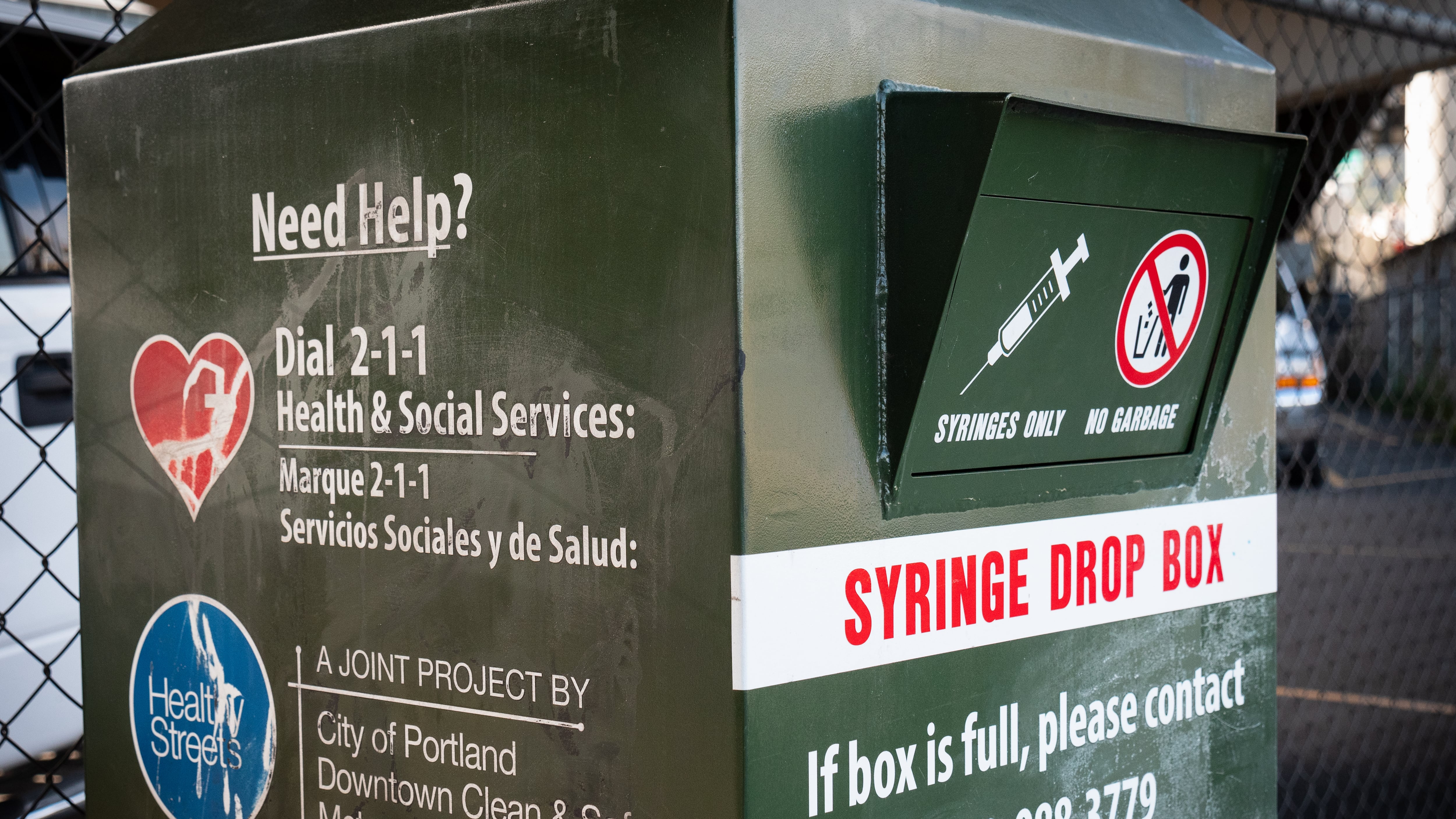In a letter earlier this month to Gov. Kate Brown, 22 Oregon leaders in substance abuse treatment warned that at least 12 treatment providers are closing.
The Sept. 2 letter, from the advocacy group Oregon Recovers and others, blames the exodus on the slow distribution of funds.
The crisis comes while Oregon is implementing Measure 110, which decriminalized many hard drugs and provided a funding source for treatment. Decriminalization went into effect Feb. 1. The measure also will divert state cannabis tax revenues from existing uses (K-12 education and county services) to new access to treatment. But there was a built-in time lag: The deadline for the new services to come online was Oct. 1, eight months after decriminalization. The Legislature provided $33 million in early bridge funding to narrow that gap.
But he pandemic has caused havoc for treatment providers. Overdoses have skyrocketed nationally and in Oregon during the pandemic. It is unclear yet what role decriminalization of hard drugs has played in Oregon’s numbers but advocates say that because of payment issues and workforce shortages in the treatment field exacerbated by COVID, the safety net is gone. Social distancing has meant spacing treatment beds further apart and since reimbursement is done on a per capita basis—at what advocates say are very low rates—COVID has hammered revenues.
“The slow implementation of resources is causing system failure,” the letter to the governor says. “There is a clear and present danger to the system that demands your immediate action. There are at least a dozen [substance abuse disorder] programs shutting down.”
The letter asks Brown to take action to direct resources to this “rapidly exploding behavioral health emergency.” More Oregonians have died from drug overdoses during the pandemic than have died from COVID-19, the letter says.
Brown’s spokesperson Charles Boyle says the governor is taking action.
“Our office has met with Oregon Recovers to discuss their requests and concerns,” Boyle says. My understanding is that [the Oregon Health Authority] has been working with behavioral health stakeholders to address workforce concerns.”
At Brown’s request, Steve Allen, the director of behavioral health for OHA, wrote to all providers Sept. 15 acknowledging the problem.
“The current staffing shortage within residential facilities has placed additional strain on workers dedicated to serving our communities,” Allen wrote. “This situation has also reduced access to this level of care, contributing to financial stresses on providers, which could lead to program reductions and closures at a time when these services are more critical than ever.”
Allen told providers the agency will provide immediate support for childcare costs for providers; is seeking funding for financial incentives for workers; and has temporarily reduced reporting and other administrative requirements.
Mike Marshall, the executive director of Oregon Recovers, says he appreciates the response but he and his allies would like to see more.
“We are grateful to the OHA staff who are working directly with the providers to implement some key changes,” Marshall says. “But we remain perplexed that the Governor has yet to publicly acknowledge the addiction crisis gripping the state and the hemorrhaging of addiction recovery staff. Without her personal leadership and prioritization, OHA staff will continue to prioritize it alongside the many other challenges the state faces.”
Correction: This story originally attributed the funding shortfall to Measure 110. In fact, the issue is Medicaid reimbursement rates which are inadequate to cover providers’ costs. WW regrets the error.
